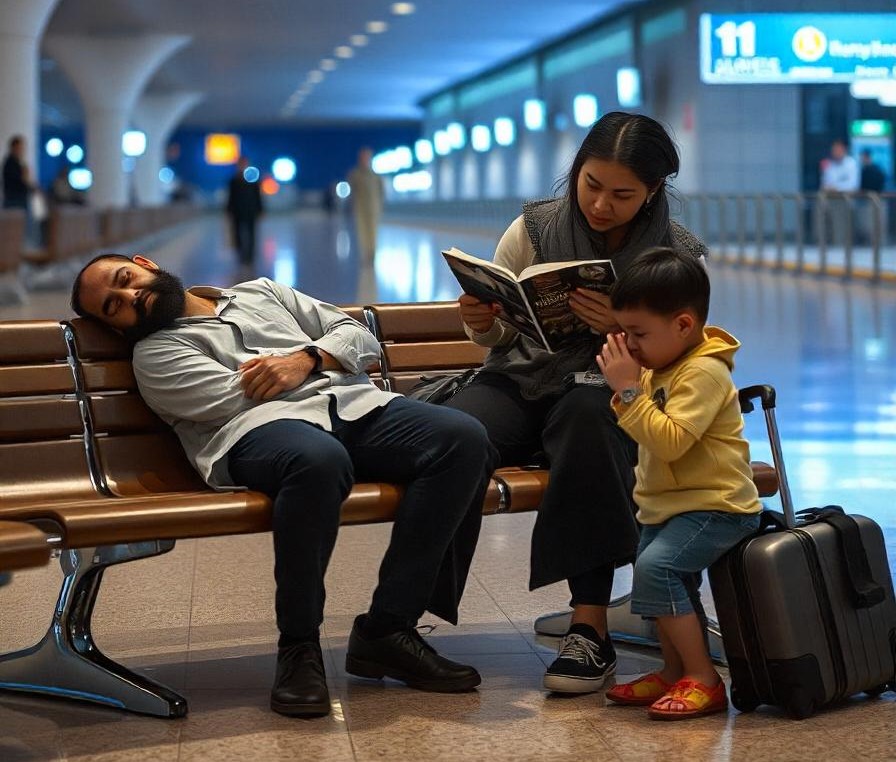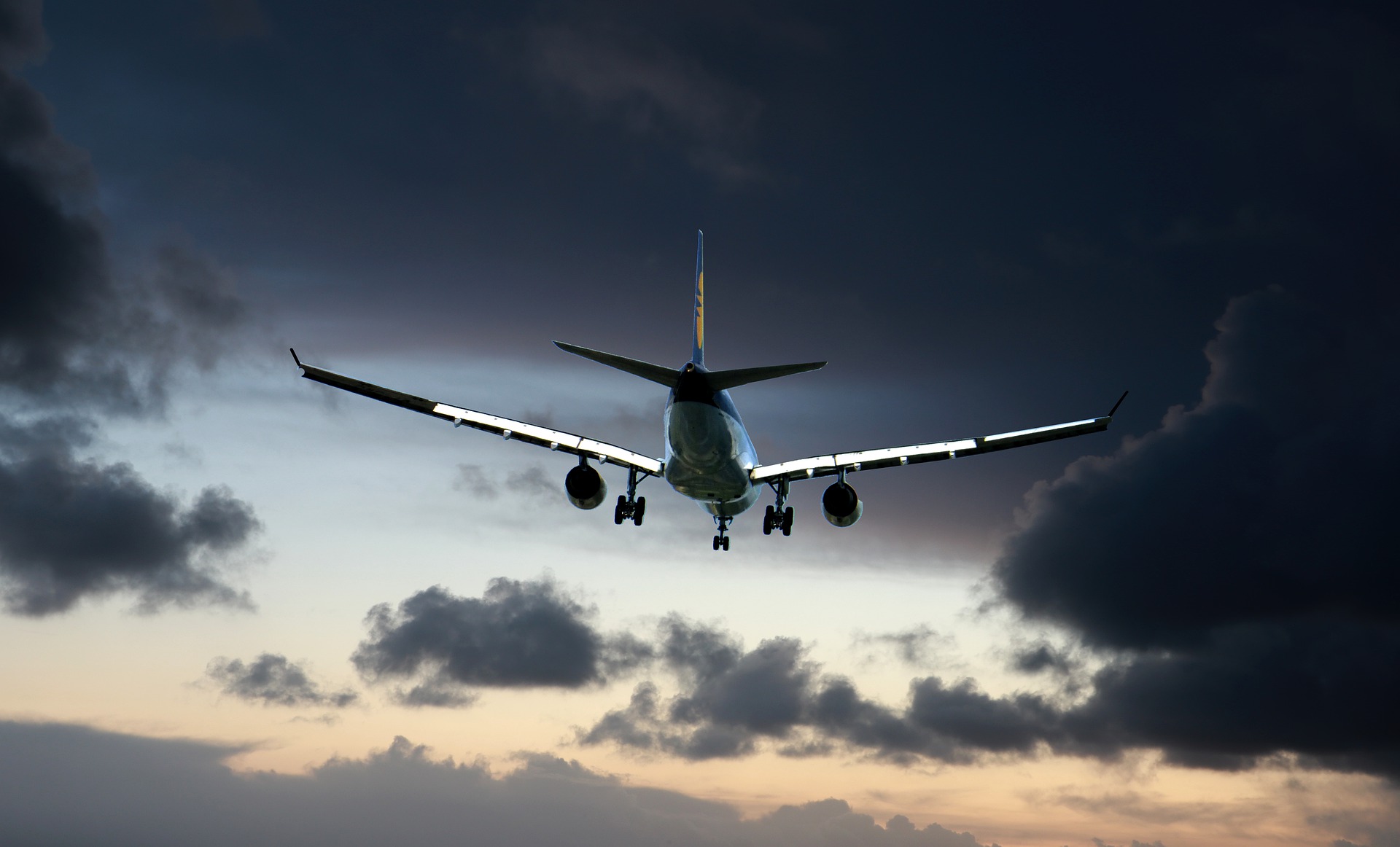Dealing with Travel Delays: Manzo’s Guide to Handling Unexpected Situations
Travel is one of life’s greatest pleasures—whether for business, leisure, or adventure—but let’s face it: not all trips go according to plan. Travel delays are a common part of the experience, and they can quickly turn a dream journey into a stressful situation. Whether it’s a delayed flight, a missed connection, a traffic jam, or an unexpected weather event, disruptions can happen at any stage of the travel process. However, with the right mindset, preparation, and coping strategies, you can turn those delays into opportunities to make your travel experience even better.
In this blog post, Manzo’s Guide to Handling Unexpected Situations offers practical advice on how to deal with travel delays. From preparation before you leave to making the most of a difficult situation while on the road, we’ll cover the essential tips and tricks for managing delays with patience and confidence.
1. Pre-Trip Preparation: Set Yourself Up for Success
The first step in handling travel delays is to minimize the chance of them happening in the first place. While some delays are completely out of your control, a little advance planning can reduce your risk and make it easier to deal with disruptions if they do occur.
A. Choose Flights with Longer Layovers
When booking connecting flights, it’s tempting to pick the shortest layover time in order to get to your destination faster. However, this can backfire if there are delays with the first leg of your journey. Short layovers leave little room for error. If the first flight is delayed, you may miss your connection.
To reduce this risk, opt for longer layovers—especially if you’re flying through major hubs or airports known for delays. A layover of 1.5 to 2 hours is usually ideal, while 3 hours or more is best for international flights.
B. Travel During Off-Peak Times
Flying at peak times increases your chances of delays, especially in busy travel seasons like the holidays or during bad weather months. If possible, schedule your flights during off-peak hours, such as mid-week (Tuesday or Wednesday) or outside of busy travel windows (not during school vacations, holidays, or summer breaks). Early morning flights tend to be less likely to be delayed as well, since airports are often less congested.
C. Invest in Travel Insurance
Travel insurance can be a lifesaver when your plans are disrupted by delays. While not all delays are covered, policies that include flight delay protection or trip interruption coverage can help mitigate financial losses. Many travel insurance policies also cover accommodation and meal costs if you’re stranded overnight due to a flight delay. Be sure to read the fine print and check the terms for coverage regarding delays, cancellations, and missed connections.
2. At the Airport: How to Navigate Delays
You’ve arrived at the airport, and the worst has happened: your flight is delayed or canceled. While this can be frustrating, your response will largely determine how well you handle the situation. Here’s how to stay calm and make the best of it.
A. Stay Calm and Don’t Panic
This is easier said than done, especially when you’re anxious about missing an important meeting or event. But panic can cloud your judgment and make the situation feel more stressful. Take a deep breath, stay calm, and remember that flight delays are common and usually temporary.
B. Communicate with Airline Staff Early
As soon as you hear about the delay, go to the airline desk or speak with a gate agent to get more details about the situation. Airline staff are the most reliable source of information, and they may be able to help you with rebooking or finding alternative flights. If your flight is canceled, they can often assist in rerouting you to your destination, sometimes without the need for you to get in line behind a large group of frustrated passengers.
Being polite and patient with airline staff can go a long way. They are more likely to assist you quickly and efficiently if you remain calm and understanding.
C. Know Your Rights
As a passenger, you have certain rights in the event of a delay or cancellation. For example, in the EU, Regulation 261/2004 gives passengers the right to compensation for significant delays (over 3 hours), cancellations, and denied boarding. In the U.S., the Department of Transportation (DOT) requires airlines to provide compensation or reimbursement for some delays, especially if the airline is at fault.
Before traveling, it’s important to familiarize yourself with your rights, as they vary by country and region. For instance, if your flight is delayed for several hours or overnight, airlines are usually obligated to provide food, drinks, and accommodations in some cases.
D. Explore Alternative Routes
If your flight is severely delayed or canceled, ask the airline about alternative routes. Sometimes, the best option is to rebook on another airline or take a completely different route to your destination. If you’re traveling to a major hub, there may be multiple options to get there, such as taking a different flight to a nearby city and then connecting via train, bus, or another flight.
When airlines offer alternatives, make sure to verify whether your new flight is on-time and whether you’ll have time to make connections. If possible, try to get a backup plan in place while you wait for confirmation.
E. Make Use of Airport Amenities
While waiting for your flight to depart, make the most of the airport’s amenities. Many airports now offer comfortable lounges, free Wi-Fi, charging stations, and restaurants that can help make your wait more pleasant. Some airports even have designated rest zones with reclining chairs, quiet rooms, or wellness centers where you can relax.
If your delay is significant (several hours or overnight), see if the airport offers sleep pods, hotels, or other places to rest. Some airports also have entertainment areas, shopping, and even free exhibitions, so take advantage of these distractions to keep your spirits up.
3. When You’re Stuck: Handling Delays on the Road or in the Air
Sometimes, delays can stretch on longer than expected, and you may be faced with hours or even a day of waiting. Whether you’re waiting in an airport terminal, on a delayed flight, or stuck in traffic, here are some practical strategies to help you pass the time and stay productive.
A. Bring Entertainment and Comfort Items
It’s always a good idea to bring a few entertainment options with you when you travel. Download books, movies, podcasts, or music before your trip to make sure you’ve got something to pass the time. You can also bring small games, puzzles, or travel-friendly hobbies like knitting or journaling to keep your mind occupied. Don’t forget a neck pillow, snacks, or a blanket to ensure that you’re comfortable during a long wait.
B. Use the Time to Get Organized or Work
If you’re on a business trip or need to be productive, a delay can be an excellent opportunity to catch up on emails, work on your to-do list, or even brainstorm ideas. Many airports offer charging stations, so you can power up your devices and make use of the time rather than feeling like you’re wasting it. If you’re waiting in an airport lounge, you may even have access to workstations or a quiet area to get things done.
C. Make New Connections
Travel delays often bring people together in unexpected ways. Whether you’re sitting next to someone in a terminal or in a shared lounge, don’t hesitate to strike up a conversation with fellow travelers. You might meet someone who has valuable travel tips, offers to share a ride or a meal, or simply provides good company during an otherwise boring wait.
4. Coping Strategies: Keeping Your Cool and Staying Positive
Having a travel delay can test your patience, but it’s important to maintain a positive attitude and keep things in perspective. Remember that delays, while frustrating, are often out of your control. Here’s how to cope with the stress of unexpected disruptions.
A. Practice Gratitude
It can be tough to stay positive when you’re stuck in an airport or waiting for a delayed flight, but practicing gratitude can help shift your mindset. Take a moment to reflect on the positive aspects of your journey, such as the fact that you’re traveling to a beautiful destination, visiting loved ones, or experiencing new places.
B. Stay Flexible
Flexibility is key when dealing with travel disruptions. The more adaptable you are to changes, the less likely you’ll feel stressed. If your flight is delayed by several hours, consider taking a walk around the airport, relaxing in a lounge, or exploring a nearby area if time allows.
C. Seek Help if Needed
If the delay is particularly stressful or you’re feeling overwhelmed, don’t hesitate to ask for help. Whether it’s a flight attendant, airport staff member, or even fellow travelers, you don’t have to go through the experience alone. Many airports have customer service desks or kiosks where you can get support or answers to your questions.






